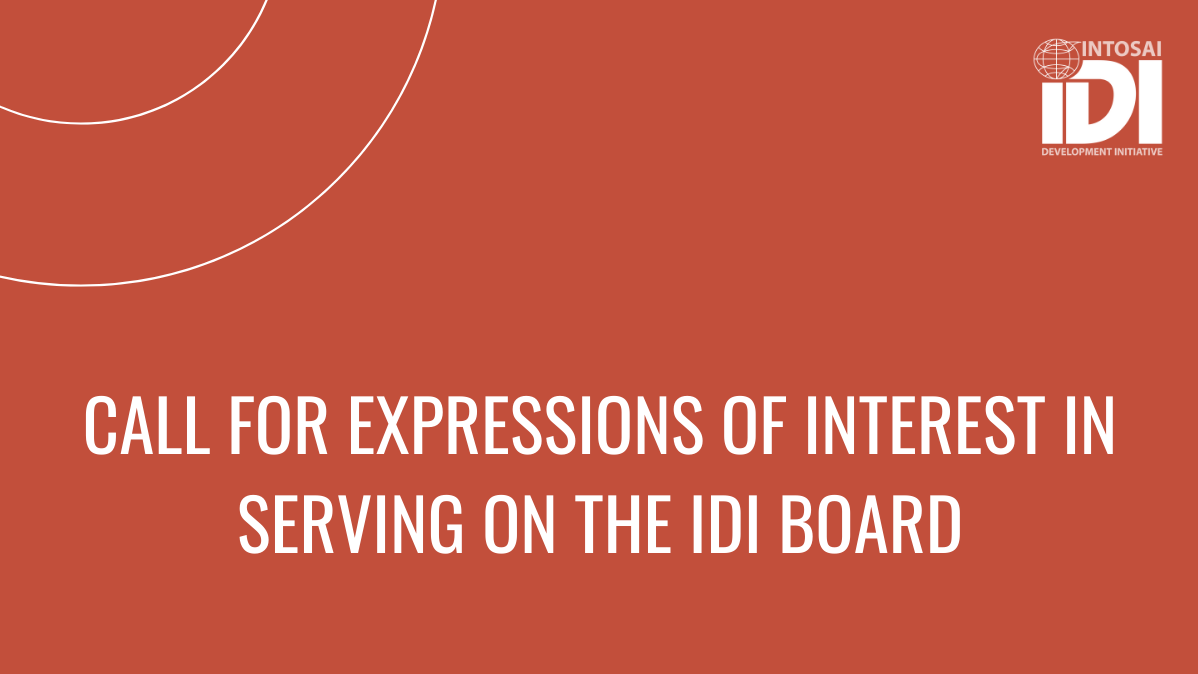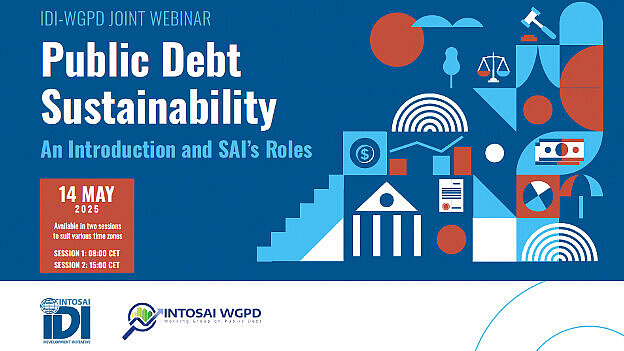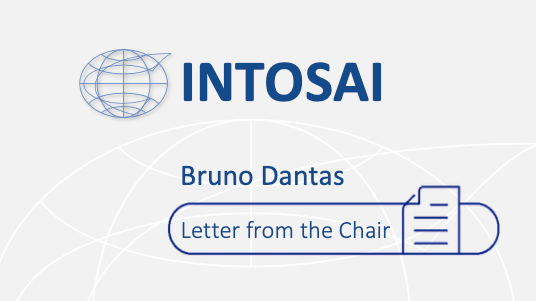Letter from the Chair of INTOSAI – January 2024
What is the role of Supreme Audit Institutions in relation to immigrants, refugees, and stateless people?
The 1951 Refugee Convention, the 1967 Protocol, and the 1969 Refugee Convention of the Organization of African Unity (OAU) define a migrant as a person who moves within or out of their country of origin. Meanwhile, immigrant is a person who arrives from another country and emigrant is the one who leaves their home country. The term refugee refers to a person who, due to a well-founded fear of persecution and a risk of violence or violation of human rights, is forced to leave their country of origin to seek international protection. As for stateless people, they have no nationality and are not considered nationals of any country. These individuals endure the deprivation of basic rights and often face persecution.
>>> full letter
More News

Call for expressions of interest for the position of member of the IDI Board
On 16 May 2025, the INTOSAI Development Initiative (IDI) launched a call for expressions of interest for the selection of one new member to the IDI Board.
The IDI Board consists of 10 members, mostly…

IDI-WGPD Joint Webinar on Public Debt Sustainability — 14 May 2025
Invitation to the IDI-WGPD Joint Webinar on Public Debt Sustainability: An Introduction and Role of SAIs, taking place on May 14, 2025.
This event is a collaborative effort between the INTOSAI…

INTOSAI Journal - Q1 2025
"Climate Change Adaptation and Audits: Country Case Studies"


